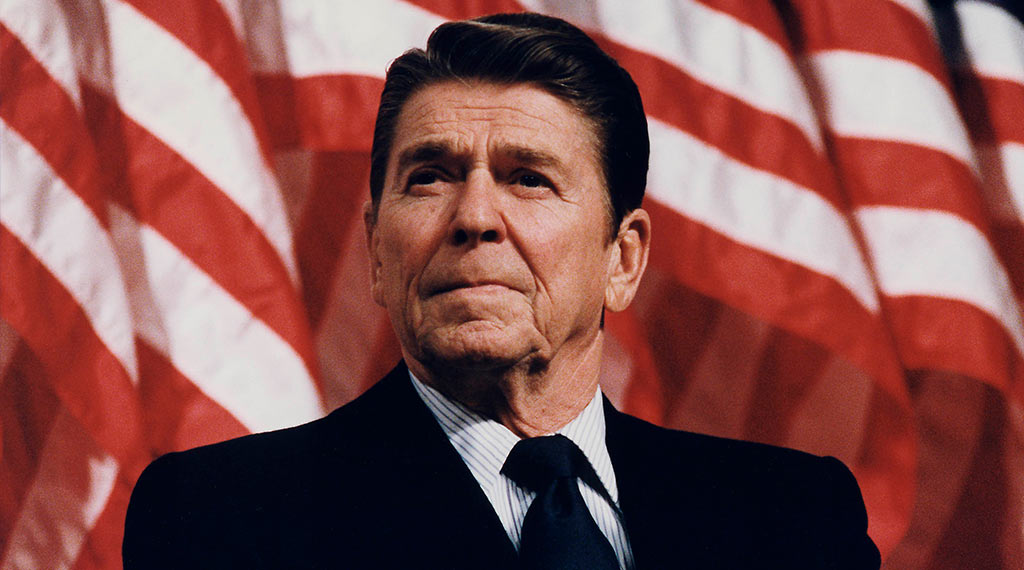The difficulties of the presidents of major American universities—Harvard, MIT, and UPenn—to denounce anti-Semitism is both appalling and a symptom of the larger ideological upheaval in the United States between traditional liberalism and progressivism. The consequence of the increasing strength of progressivism is the loss of the country’s ability to meet the challenges that it once possessed. The most important of these waning abilities is how to confront and defeat with great power enemies. Thus, the progressive movement is regressive by its very nature.
Like a dementia patient in gradual decline, the U.S. is regressing, gradually becoming enfeebled and infantilized, losing its knowledge, memory, coherence, and the ability, desire, and willingness to meet challenges. This is due in part to the ageing of the Baby Boomers (1946-1964) and Generation X (1965-1980) who possessed the direct experience of fight against the Soviet Union and its allies in the Cold War. People matter, as does their historical experiences and knowledge. As those fade, the nuts and bolts of American civil society and identity are lost.
But a more significant cause is the rise of progressivism and its deliberate consequence—the decline of political liberalism in the U.S. The advance of progressivism evinced in the shameful testimony of the university presidents entails the diminishment, rejection, or replacement of U.S. history, political ideology and culture, and the regressive transformation of political ideology, culture, and institutions. The U.S. population and leadership either willingly forget or are forced to forget. As a result, Americans are becoming disorientated and detached from America’s liberal foundations and institutions. They do so voluntarily if they are progressives. If they do so with considerable resignation, they are political liberals, and people compelled to go with the progressive flow.
The forced memory loss is part of the “Great Forgetting” of the knowledge, behavior, culture, skills, practices, and abilities that led to victory in America’s wars, allowed the country to overcome economic difficulties to become the world’s greatest economic engine, the world’s leader in science and technology, possess peerless universities and professional schools, and a standard of living unmatched. American society provided untold benefits to its citizens and to the Free World. The “Great Forgetting” is intentional, not an accident or an artifact of history. Progressivism is destroying America’s memory so that they may advance their revolutionary agenda, while disarming Americans who know or would come to know their country’s history and who would be able to thwart them.
The pillars of that success, political liberalism, a willingness to forego personal gain for the good of the country, adaptiveness, creativity—what used to be termed “Yankee ingenuity”—and meritocracy, are eroding. With this, and by design, comes profound loss, including the willingness to speak openly and freely about the country’s problems, coherence, and direction.
What is needed is the equivalent of a patriotic Donepezil to stop this forced memory loss, and to do so today. The Trump Administration’s 1776 Commission and similar steps in states around the country, such as in Florida, are good steps forward. But what is needed above all is documentation to make the memory of older Americans vivid to their audiences and able to be preserved in perpetuity. Historians have documented through personal interviews the difficulties and success of America’s Mercury, Gemini, and Apollo space program, wars like World War II, Korea, and Vietnam, and the Civil Rights movements. A similar effort needs to be made to document liberal political principles and Cold War experiences of typical Americans that could explain to younger generations the pride in their country Americans possessed. This would include what they were taught by their grandparents, parents, by their churches and synagogues, in civil organizations like the Boy and Girl Scouts, and in sports the JFK administration’s Physical Fitness Program. It would include expressions of how they thought of America as a country, its values and ideology, why they considered the Soviet Union the enemy, and how they considered older generations of Americans. Additionally, it would include the problems they faced and why young Americans possessed the courage to confront them.
Second, this effort should be broadened to include U.S. allies’ conception of America that would explain to Americans who are Millennials (Generation Y, 1981-1996), Generation Z (1997-2012), and Generation Alpha (2012-) why the United States was admired, why it inspired millions around the world, why so many people sought to study or immigrate to America, and why it was the subject of considerable critique during the Vietnam War and in the decades after.
- Victory over the PRC: Why engagement makes war with Beijing more likely - April 24, 2024
- The US must end engagement (and Biden’s neo-Engagement) with the PRC now - April 10, 2024
- How to address the CCP threat: Engagement, defeatism, or victory - April 3, 2024

